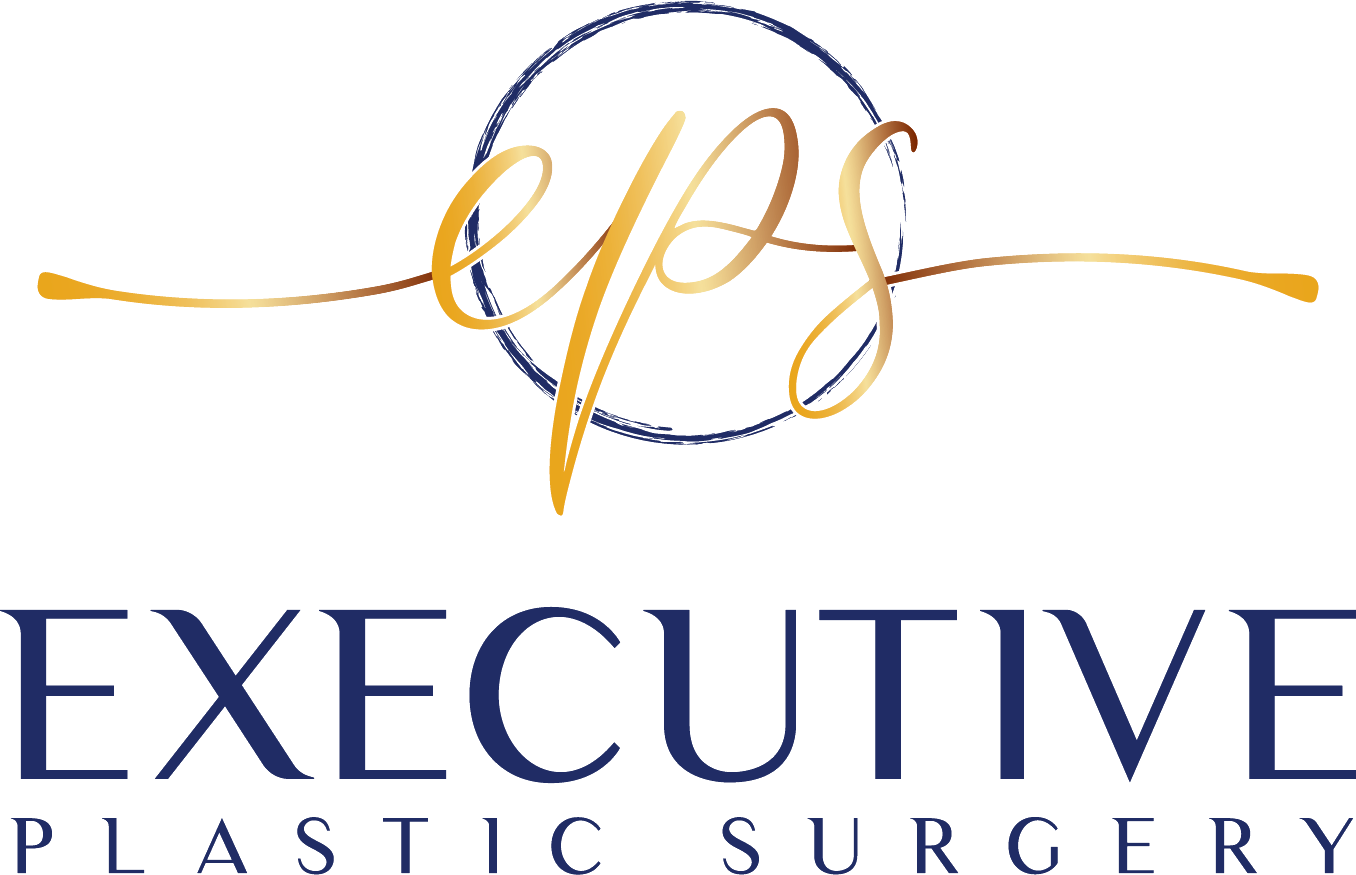
However, it is important that patients know to walk in with an open mind and a willingness to listen to the advice of your surgeon. In many cases, patients have expectations that may not be able to be met or may underestimate the extent of recovery time, etc. This can lead to disappointment and frustration later.
The psychological and physical benefits of plastic surgery almost always outweigh the risks but the risks must be well understood. A patient who is ill-informed about their surgery, doctor, or facility is taking enormous risks that are simply unnecessary. That is what the consultation is for!
The consultation is meant to prevent that disappointment and frustration while putting the patient at ease about the possibility of surgery. It is a time to discuss concerns, fears, questions, risks, benefits, psychological issues, medical history and just about anything else you may feel the need to share.
Whether the patient is interested in burn reconstruction, breast implant removal, post-bariatric reconstruction, a breast lift, or any other procedure, they will walk in with both hopes and fears. Let’s talk about what your first meeting with Dr. Khan will be like.

What You Need To Do:
- Research your procedure
- Write down questions
- Get your medical history information ready
- Create a full list of medications and supplements
- Wear garments that will make disrobing easy and practical if it becomes necessary
- Create or print a checklist about the conversation
Important Questions To Ask:
- What are the benefits and risks of the procedure and how many times have you performed it? Do you have any specific concerns about this procedure? Am I a good candidate?
- What board certification(s) do you have? Is your facility accredited? Who will be in the room during my operation? What are the qualifications of your surgical team members?
- Who will implement the anesthesia and what sort of anesthesia is necessary for this procedure?
- How would you react if an urgent situation were to take place in surgery? Do you have hospital privileges, and where?
- Can you show me before and after photos?
- Are there any financing options? How much will this cost? Does insurance cover any of it?

Make Mental Notes (Or Jot Down Notes) About:
- The office’s cleanliness and general atmosphere.
- The friendliness of the staff and whether the office is inviting.
- The surgeon’s demeanor and readiness to answer questions.
- Will they tailor the procedure to you?
There Are Certain Things That Are “Deal-Breakers.” Look For The Following Criteria:
- The surgeon must be board certified and have practice performing the type of procedure that you are looking for.
- The doctor must operate in a medical facility that is in good standing with accrediting agencies.
- The surgeon ought to happily share examples of his earlier surgeries and the results.
Physical Examination
Often, patients want to know if they will have to take their clothes off. You’ll stay in your own clothes for the majority of the session. Depending on the procedure you are considering, you may need to disrobe. For example, if you are in the office to talk about burn reconstruction on your chest, the doctor will need to examine your chest. Examinations may involve measurements. Some people find this to be anxiety-inducing but the nurse and doctor will give you as much privacy as possible. It should not be an awkward experience.
Expect The Truth And Tell The Truth
Don’t be scared that you are asking too many questions because that what the initial consultation is for. Ask questions and keep on asking them until every one is comprehensively answered. Don’t be afraid to say that you are confused about technical jargon, either. Ask your surgeon to explain your procedure in simple terms, like a 5 year old could understand. You should also expect to receive quality printed patient information to take with you.
You have to be upfront and truthful with your physician about all aspects of your physical condition. This includes any present or past medical troubles, drugs you might be taking, and activities you enjoy or participate in. The doctor should know about your way of life and what kind of person you are in order to give truthful predictions about your operation and recuperation. It is a shocker to most patients that something as seemingly negligible as taking an over-the-counter supplement can diminish their chances of a good quality result. However, this is absolutely the case.
Instructions you’ll receive about getting ready for surgery include:
- Smoking cessation or medications to avoid
- Prescribed medications and dosages
- Proper hygiene
- Restrictions regarding eating and drinking
Experts recommend having at least three consultations with board-certified plastic surgeons before choosing.

Plastic Surgery Q & A:
Q: What are the risks associated plastic surgery?
A: The risks vary a great deal depending on the surgery, the type of anesthesia, and other factors. There are always risks involved with any kind of surgery. Your surgeon should explain all of the possible risks and complications specific to your procedure in advance of the surgery.
Q: What is aesthetic plastic surgery vs. reconstructive plastic surgery?
A: Aesthetic plastic surgery is augmentation that is performed in order to enhance or change a normal body part’s form. This results in a more positive body image. Reconstructive surgery, on the other hand, is performed on a body part that is atypical because of birth defects, trauma, disease, cancer, or infection. This type of surgery is performed to re-establish or develop function to the affected body part. It can also be done for aesthetic reasons, as well. For example, in the case of burn reconstruction or breast implant removal the surgery may both improve the appearance but also the function.
Q: Does insurance pay for plastic surgery?
A: That depends a great deal on the type and nature of the procedure. When the surgery is only intended to improve physical appearance, it is typically not a covered service. If the surgery is reconstructive, it may be covered.
In the end, plastic surgery is not for everyone but can be an amazing solution for many people whether they have body image problems, lost function in a body part, or have been deformed in an accident. It can truly shape and change lives. The many reasons that patients seek out plastic surgery is a large part of what makes the work so rewarding. The field is always evolving and growing.
This is why we are so intensely proud to be able to serve our amazing patients. To be entrusted with this great honor is truly gratifying. At our Detroit metro area offices our main concern is that our patients depart their first meeting feeling understood. Dr. Khan’s goal is to earn your trust in order to have the chance to transform your life. Call now: 734-419-1615

